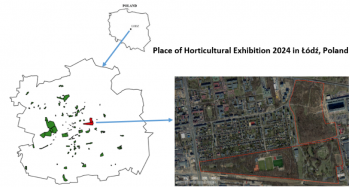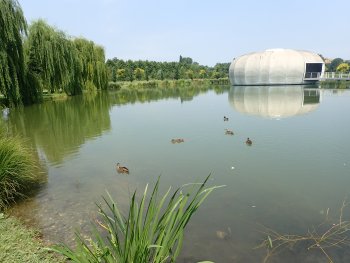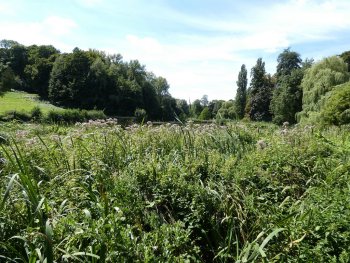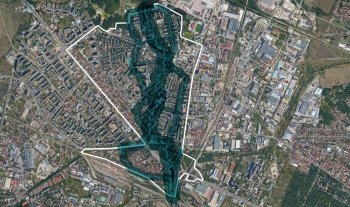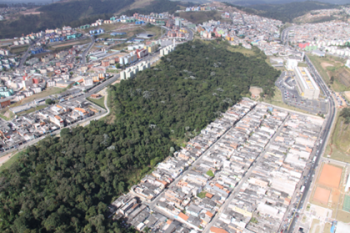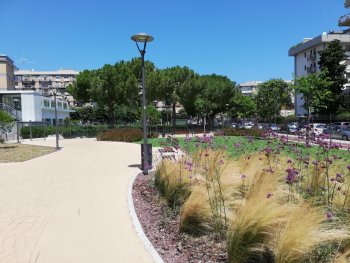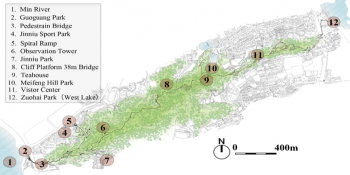Complex of Three Parks Foreseen as A Site of the International Horticultural Exhibition 2024 - Łódź, Poland
The development of three parks foreseen as a site of the International Horticultural Exhibition 2024 aims to serve as an urban green space allowing for urban revitalisation, shaping the urban landscape and using the potential of green spaces in cities especially with regards to the provision of cultural ecosystem services, such as aesthetics, entertainment, heritage and interpersonal integration.

